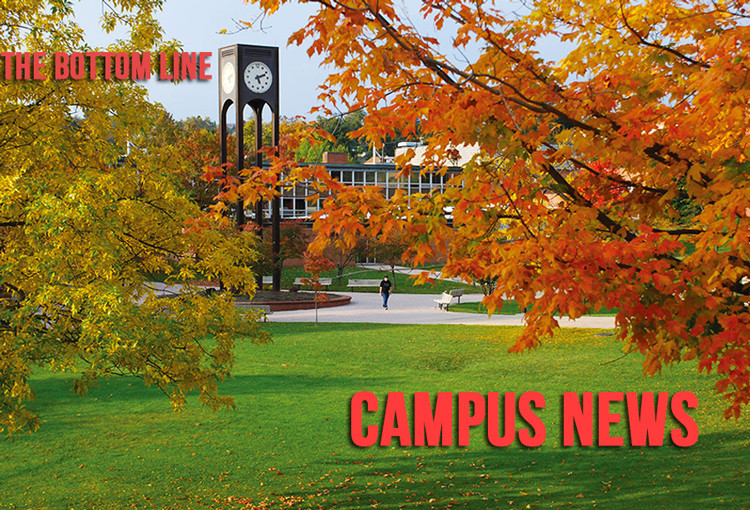University Sees Increase in Retention Rates; Freshmen Class Sees Decrease in Academic Probation
Last month, President Gibralter announced that the retention rate is increasing and the percentage of freshman students on academic probation is lower than previously recorded.
“ In 2006, FSU’s retention rate was 67%; for the past two years, we have been at approximately 73-74%,” President Gibralter states. “Our goal is to improve our retention rate to 80% and to think this is attainable… it would put us on par with, and even ahead of, our peer institutions.” It seems safe to safe that university efforts to increase retention have definitely shown progress. Keeping the retention rate high is a win-win scenario for both students and the university, especially in financial terms.
On another high note, data from the fall of 2014 indicates that the incoming freshmen class of 2014 had the lowest rate of students on academic probation in the past five years.
The road to success is not always an easy one, but university efforts, including the work of the new Center for Academic Advising and Retention, seem to be having an effect on campus. During a student’s first semester, freshman are required to take an orientation class. The fall 2014 semester saw the implementation of a new ORIE system, which aims to make sure the students’ needs were met. Some of the main issues freshman tend to struggle with are: time management, connectivity, and adjusting to college life. The revamped ORIE course was divided into four chapters: adapting to college expectations; managing your workload; advising and planning; and connections and reflection. Director of Freshman Advising and Retention Beth Stalling says the administration called the sections “chapters” because the final project was for each student to write their own story about their college experience and beyond.
Stallings went on to explain how the first three chapters embodied all of the student needs that tend to fall through the cracks. From understanding academic expectations to understanding the value of having support for others, students were able to receive strategies to assist with their transition to college life. ORIE “teachers” were now ORIE “advisors.” The Freshman Progress Survey was introduced as a new way for advisors to monitor and update any concerns regarding students. Students would fill out the survey, then the advisor would meet with the students with tools to help them in problem areas specific to the student. Another tool implemented was Beacon, a communication platform that connects all students, including freshman, to a “success network” of advisors, instructors, and coaches. It is important to keep students and advisors informed about their progress and give them positive feedback as well. Beacon has been available to advisors on campus for several years. However, a historical inconsistency in and lack of usage leads to mixed results for advising.
To ensure that students are on the right track academically, the switch to a department advisor cannot take place until after the drop-add period of the spring semester. “We do have 16.7% of students on academic probation, or didn’t do so well. So for them to have to go to a new advisor and say ‘Hi you’re my advisor, I’m on probation . . .’ that would be awkward,” Ms. Stalling elaborated. “Some would be reluctant to do that, and we don’t want them to be reluctant when it comes to setting their goals,” she went on to say. The comfort level of the students was taken into high consideration when it came to instructing them how to talk to professors about their grades, how to deal with issues in the resident halls, and utilizing all of what this institution has to offer.
Over 50 percent of FSU’s returning freshman had GPAs above 3.0. In order to keep on this path of success, it is essential to increase faculty participation and utilize the peer mentor program, along with Freshman Progress Surveys and Beacon.
These results and improving numbers indicate a great start to a new beginning. The university is definitely trying to improve the overall experience that each student receives while attending FSU.




